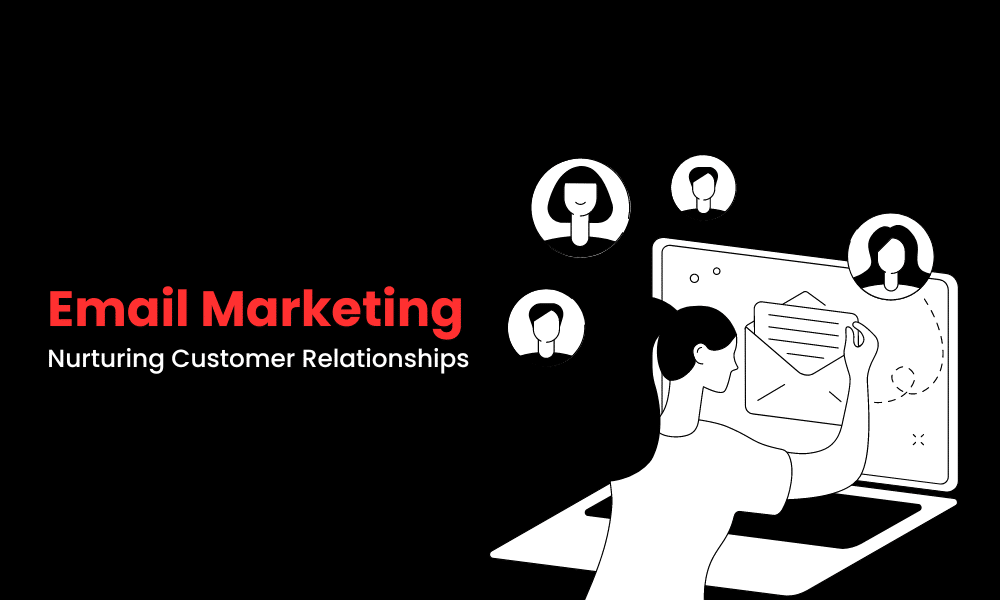In the ever-evolving landscape of digital marketing, one strategy remains a cornerstone of success: email marketing. Despite the emergence of new channels and technologies, email continues to be a powerful tool for businesses to engage with their audience, nurture relationships, and drive conversions. In this article, we’ll explore the significance of email marketing, supported by insightful statistics and strategies for harnessing its full potential.
The Power of Email Marketing
Email marketing offers unparalleled opportunities for businesses to connect with their audience on a personal level and deliver targeted messaging directly to their inbox. From promotional offers and product updates to newsletters and personalised recommendations, email enables brands to stay top-of-mind and drive action among their subscribers. Its effectiveness lies in its ability to deliver relevant content to the right audience at the right time, fostering engagement and driving results.
Key Insights and Statistics:
- ROI: According to a report by Litmus, every $1 spent on email marketing yields an average return of $42, making it one of the highest ROI channels for marketers.
- Engagement: Research by HubSpot found that email generates an average open rate of 20.94% across all industries, with a click-through rate of 2.62%, indicating its effectiveness in capturing and retaining audience attention.
- Personalisation: A study by Campaign Monitor revealed that emails with personalised subject lines are 26% more likely to be opened, emphasising the importance of personalisation in email marketing campaigns.
Strategies for Success
To unlock the full potential of email marketing, businesses must adopt strategic approaches that prioritise engagement, relevance, and value for their subscribers. Here are some key strategies for success:
- Segmentation: Divide your email list into smaller segments based on demographics, preferences, purchase history, and engagement level. This allows you to deliver targeted content that resonates with each segment, increasing the likelihood of engagement and conversion.
- Personalisation: Tailor your email content to each recipient based on their interests, behavior, and past interactions with your brand. Use dynamic content, personalised recommendations, and personalised subject lines to make your emails more relevant and compelling.
- Automation: Implement automated email workflows to deliver timely and relevant messages to your subscribers throughout their customer journey. From welcome emails and abandoned cart reminders to post-purchase follow-ups, automation streamlines your email marketing efforts and nurtures leads effectively.
Key Insights and Statistics:
- Mobile Optimisation: With the majority of emails being opened on mobile devices, it’s essential to optimise your emails for mobile viewing. According to Litmus, 43% of email opens occur on mobile devices, highlighting the importance of responsive design and mobile-friendly content.
- A/B Testing: Experiment with different elements of your email campaigns, such as subject lines, CTAs, and design elements, through A/B testing. Research by GetResponse found that A/B testing can increase email open rates by up to 49% and click-through rates by up to 30%.
- Analytics and Measurement: Monitor key metrics such as open rates, click-through rates, conversion rates, and unsubscribe rates to evaluate the effectiveness of your email campaigns. Use these insights to refine your strategies and optimise future campaigns for better results.
Embracing Email Marketing Excellence
In conclusion, email marketing remains a potent tool for businesses to engage, convert, and succeed in today’s competitive landscape. By adopting strategic approaches that prioritise segmentation, personalisation, automation, and optimisation, businesses can unlock the full potential of email marketing and drive tangible results. From nurturing leads and building relationships to driving sales and fostering brand loyalty, email marketing continues to be a cornerstone of digital marketing success. As businesses continue to evolve and innovate, those that prioritise email marketing excellence will be well-positioned to thrive and succeed in the digital age.




Leave a reply